Over the past 40 years, China has lifted nearly 800 million people out of poverty, accounting for more than 75 percent of global poverty reduction in the same period, according to a new report released on Thursday.
The report, titled Four Decades of Poverty Reduction in China, was jointly released by the Ministry of Finance, the Development Research Center of China's State Council and the World Bank.
The report listed two main factors that contributed to poverty alleviation in China. One was a broad-based economic transformation, which has provided new development opportunities for the poor and continuously raised their incomes; the other was the targeted policies of the government to eliminate long-term poverty in areas that had been mired in poverty due to their locations and other factors.
The targeted poverty alleviation strategy was of great significance for eliminating absolute poverty - the World Bank's global absolute poverty standard of $1.90 per person per day, the report noted.
Manuela Ferro, World Bank vice president for East Asia and the Pacific, said that China's poverty reduction is also a story of sustained growth through economic transformation. As China's economic reforms deepen, its social policies need to be adjusted to better support labor mobility, improve the quality of workers and adapt to the needs of the labor market, while protecting those vulnerable to the effects of economic transformation.
China solemnly declared its "complete victory" in eradicating absolute poverty in February 2021. The country met the poverty eradication target set out in the UN's 2030 Agenda for Sustainable Development 10 years ahead of schedule, the Xinhua News Agency reported previously.
In July 2021 China announced that it had realized its first centenary goal - building a moderately prosperous society in all respects. The achievement was a milestone for the world's most populous country on its journey toward national rejuvenation.









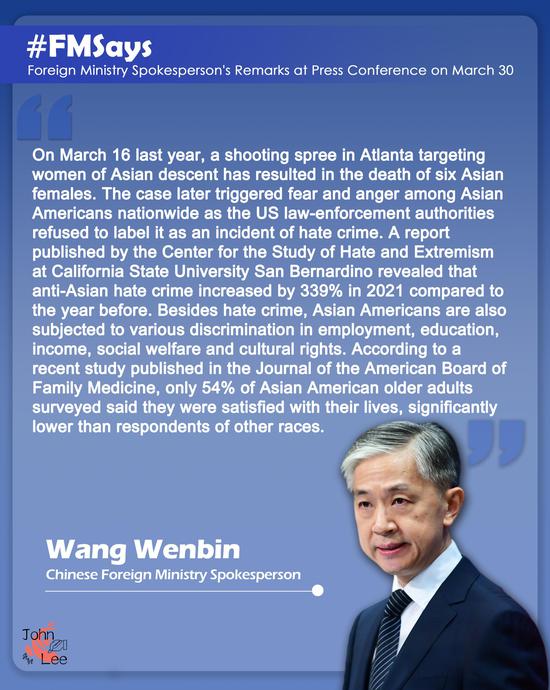
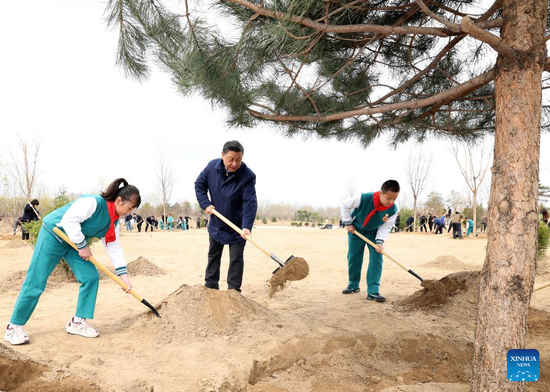
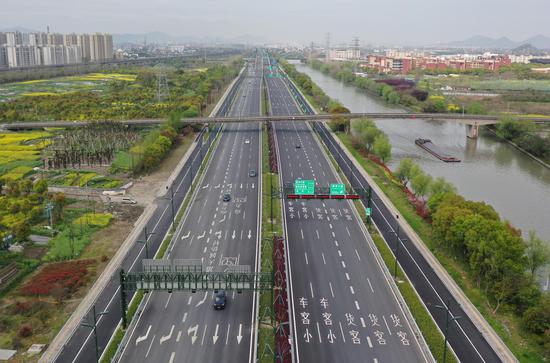



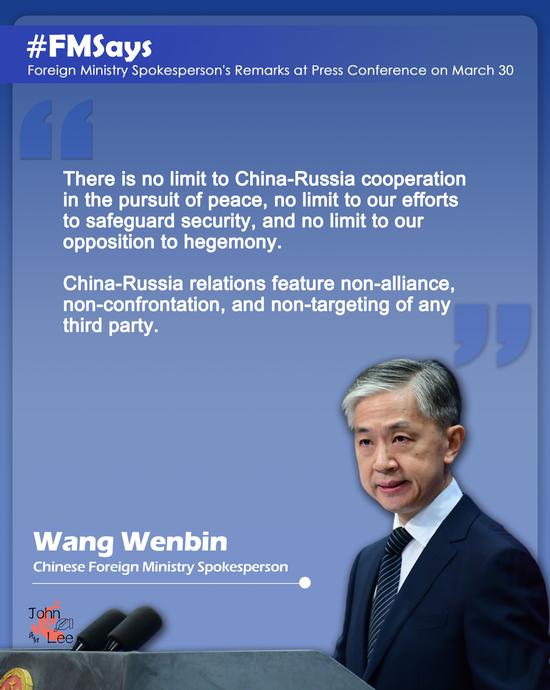


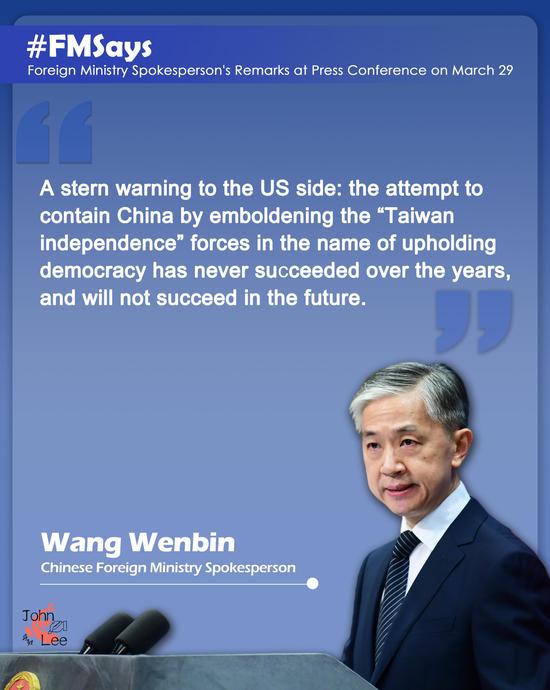
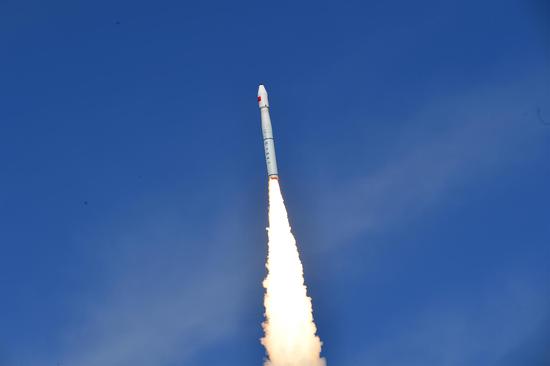

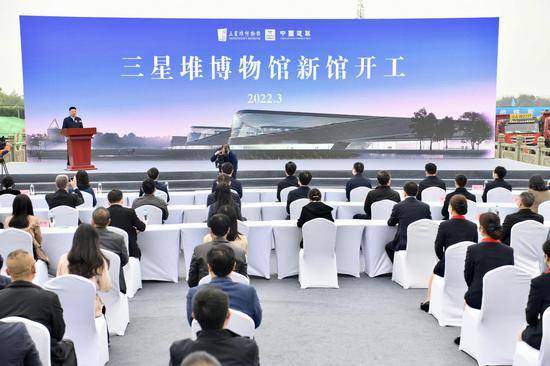



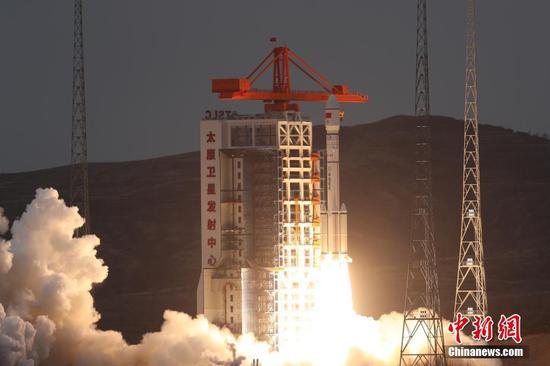
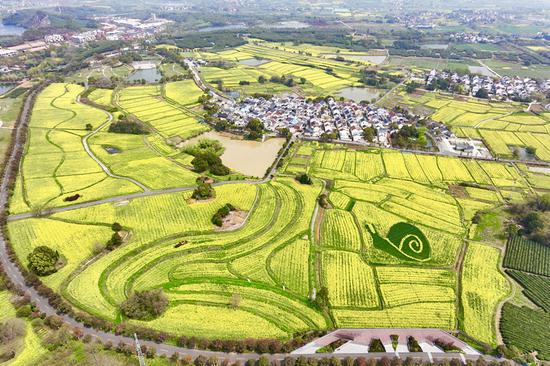



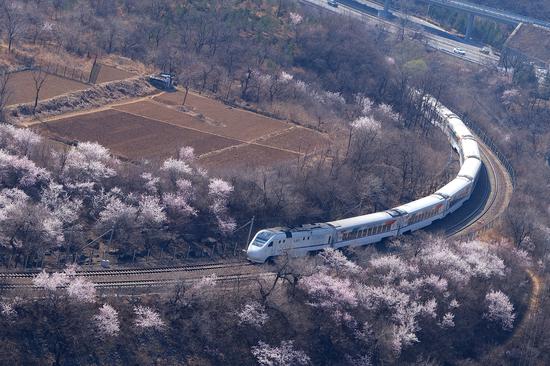
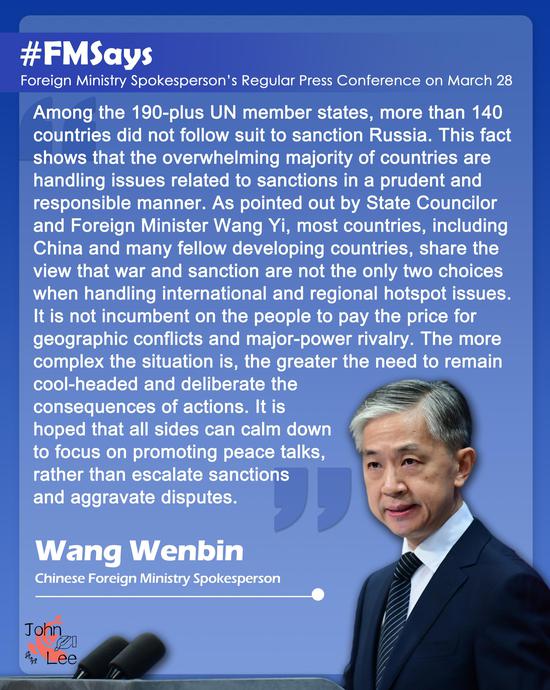
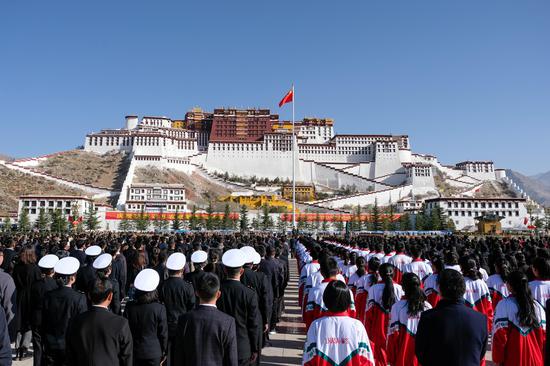

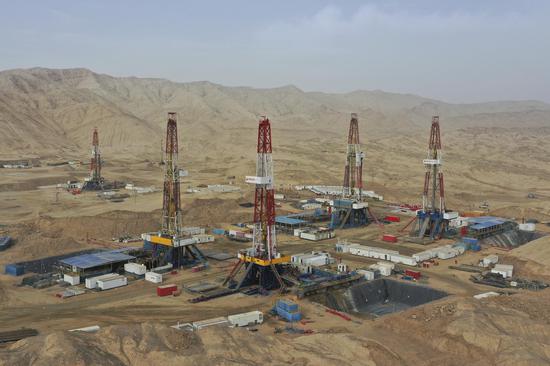

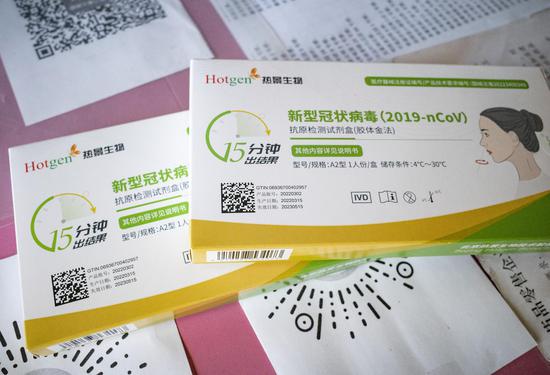





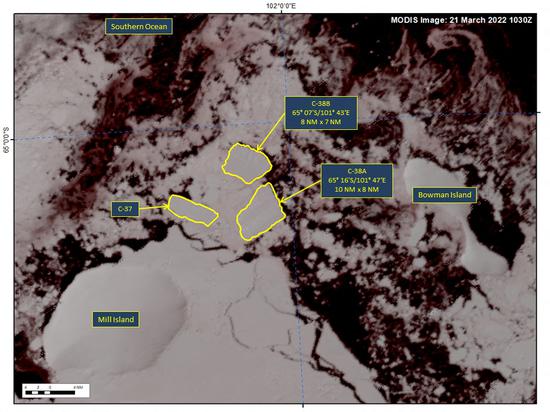







 京公网安备 11010202009201号
京公网安备 11010202009201号
